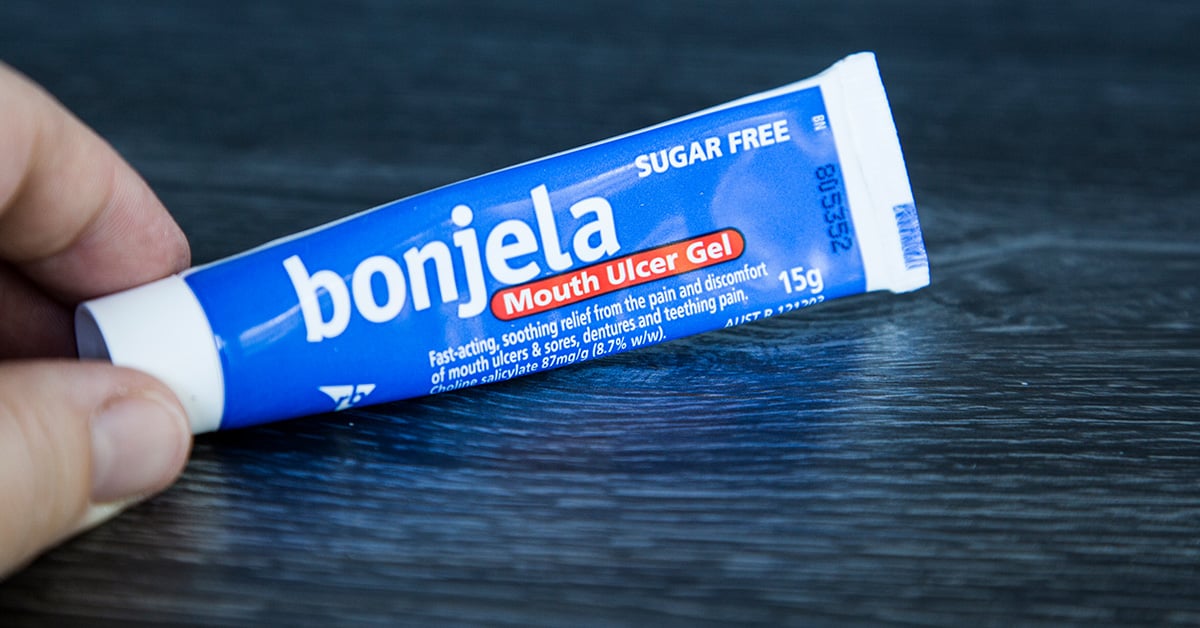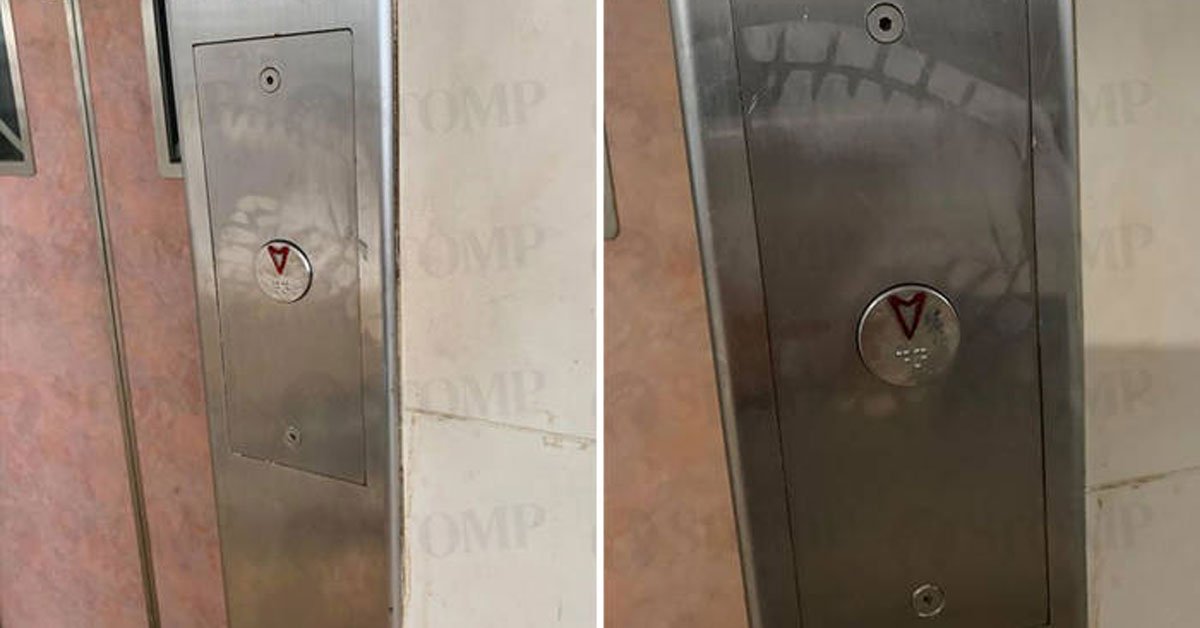As a child, have you ever gotten into trouble so bad that you tried to wriggle your way out of it by cooking up the most ridiculous excuse possible and praying that you could get away with it?
Some of us have grown out of it, but one man well beyond his years decided to test the oldest trick in the book in the court of law.
Bonjela Oral Gel Hindered Reading
In 2019, 52-year-old Simon Tham Saik Mun was pulled over for drunk driving after nearly running into another guy in the parking lot.
At the time, his initial breath test recorded a failed blow. The next blow resulted in a reading of 75 micrograms of alcohol per 100 millilitres of breath, which is way higher than the allowed limit of 35 micrograms.
After being found guilty of the offence, he was slapped with a three-week jail time, a S$6,000 fine and a four-year driving suspension.
Fast forward to this year, Tham filed a lawsuit against the prosecution, claiming that the Bonjela oral gel he had been using at the time to heal his mouth ulcers had tampered with the accuracy of his breathalyser test results.
Let me just say that that’s a long time to realise the possibility of tampering.
Prior to the offence, Tham had injured his upper molars from a bone in the chicken rice and, since then, had been routinely using the gel all day for his ulcers.
On the day of the offence, he was still using the gel regularly, which could have elevated his breathalyser reading.
If you didn’t know, Bonjela gel’s ingredient list included ethanol.
To prove that he wasn’t making up wild excuses, he called on an expert witness, Mr Ben Chang Keng Peng, a medical equipment specialist from Alcotech.
Chang reported that a breath test performed right away after using Bonjela gel revealed a positive result with a breath alcohol value over the allowed limit, with the positive reading being able to persist for 10 minutes before dropping to zero.
Even with belching, positive breath alcohol readings were again observed for nine minutes.
So… he was innocent after all?
Prosecution’s Argument
Sike.
One detail about his arrest at the time was that the breathalyser was measured close to two hours after Tham’s last application.
Dr Yao Yi Ju from the Health Science Authority added that even if Tham did belch, there wouldn’t have been enough alcohol in his mouth or stomach under normal circumstances to increase the breathalyzer reading significantly.
Bro got checkmate at his own game.
She asserted that the gel was unlikely to have been responsible. However, she does acknowledge the possibility that the gel may have lodged in his broken molars instead and subsequently affected the readings.
Either way, the judge didn’t see Tham as a reliable witness, given his previous conviction in 2016 for drink-driving and how he had made many attempts to embellish his defence.
And honestly, a previous record of drink-driving is very telling.
Featured Image: Shutterstock.com (Julie Beatson)



